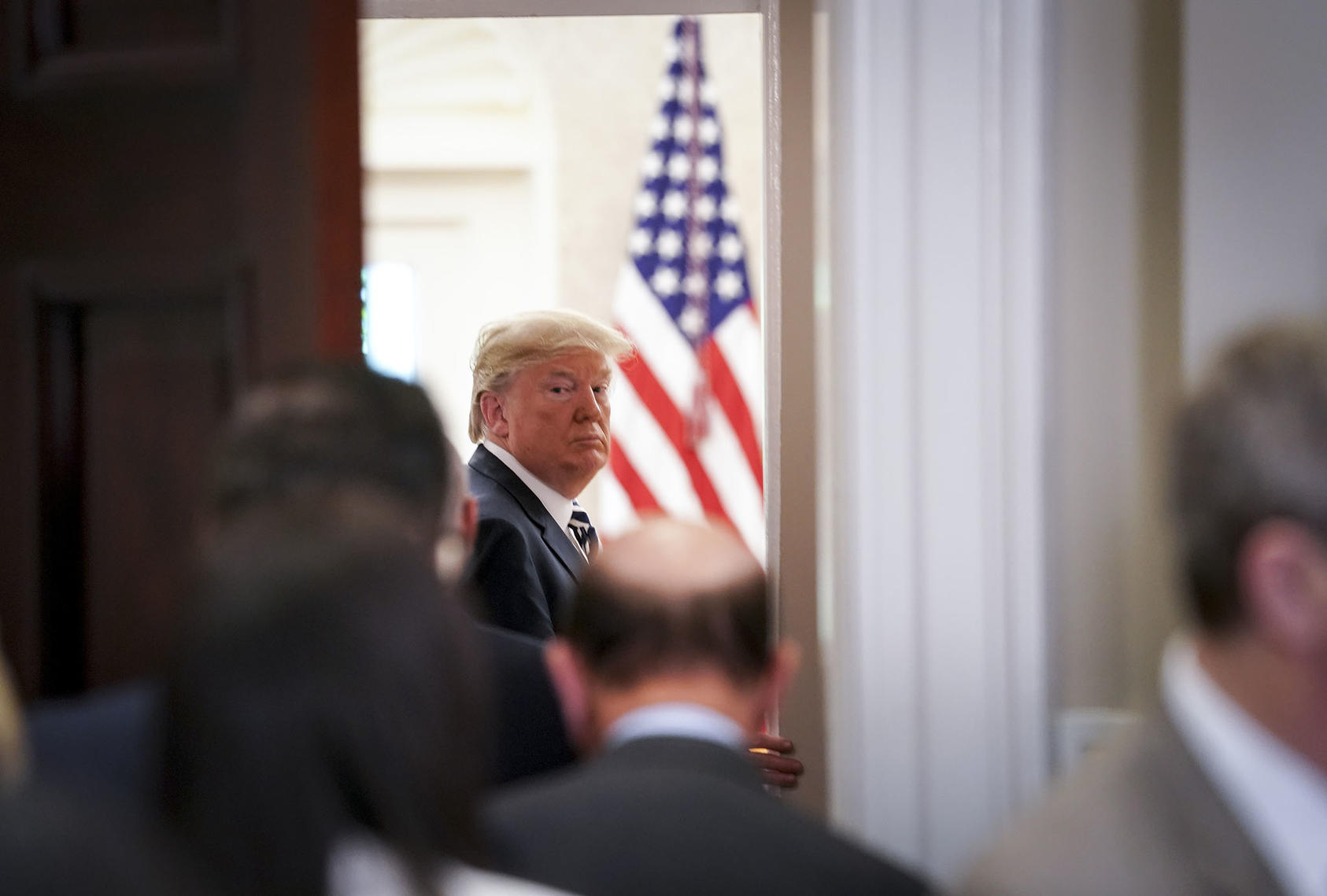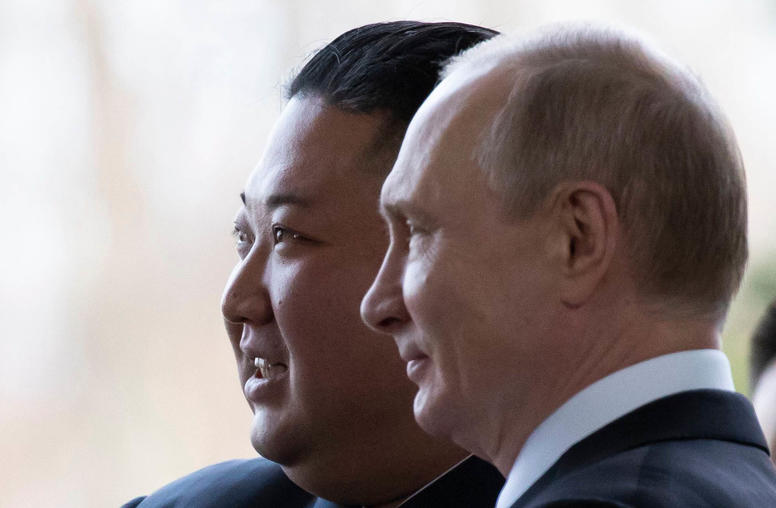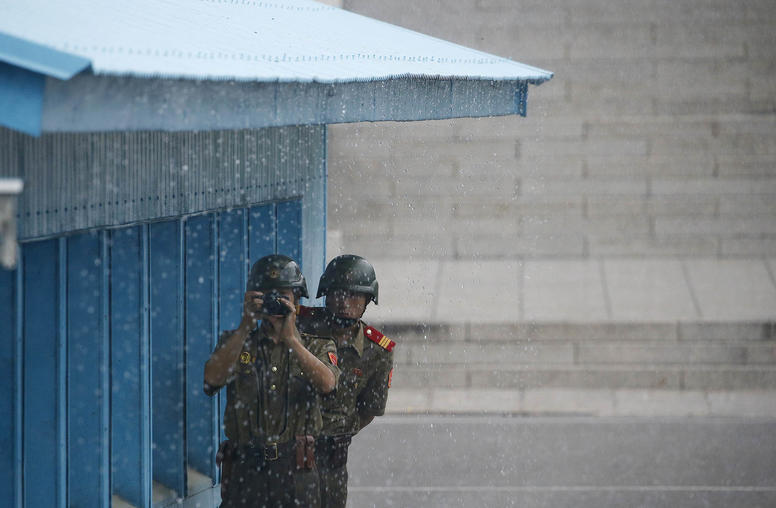Assuming that both President Trump and North Korean leader Kim Jong Un were sincere about meeting in Singapore on June 12, it seems the summit’s cancellation was caused by poor diplomacy and messaging, like a bad game of telephone. What started out as an attempt to express the White House’s preference for a quick denuclearization process, like what happened in Libya, ended up being heard by North Korea as President Trump and Vice President Pence threatening to decimate North Korea if it doesn’t denuclearize. Unartful U.S. messaging combined with North Korea’s thin skin has been the hallmark of past bilateral diplomatic failures.

Another factor here is that both sides were jockeying for leverage going into the summit. North Korea did not want to be perceived as being too eager or having been coerced into the summit by U.S. pressure and threats. Similarly, President Trump did not want to look desperate for a meeting with Kim Jong Un, so he appeared to show indifference about the summit happening, and ultimately cancelled it. White House officials were also concerned that North Korea was being unresponsive to summit planning requests, including not showing up for a logistics planning meeting. My sense is that North Korea is probably initially stunned by President Trump’s move, but then will recognize the similarities with its own tactics in President Trump’s gamesmanship and brinkmanship.
The strong incentives for holding the summit still remain for both sides—so it is not surprising that President Trump left open the possibility for the meeting to still happen. His letter to Kim Jong Un was very polite and complimentary, which may help the North Korean leader save face. I would not close the door completely on the summit taking place. However, North Korea will not want to appear like it is groveling for a summit, so it will take some diplomatic finessing to get the two leaders together.
What this means going forward depends on each country’s interpretation of who has the leverage. The White House believes that its maximum pressure campaign was the main factor in getting North Korea to engage, so it will likely wait for the pressure to further intensify on North Korea. On the other hand, the North Korean regime—while struggling under sanctions—can still trudge along without engaging with the United States, especially if countries like China are easing up on sanctions enforcement.
The risk for both sides standing coolly is that the momentum for a historic diplomatic process, stemming from the successful Winter Olympics, will dissipate quickly. Ultimately, like after any playground scuffle, a resumption of talks will require one side to be the “bigger person” or an intermediary—like South Korea, China, or both—to step in to allow both sides to save face.



